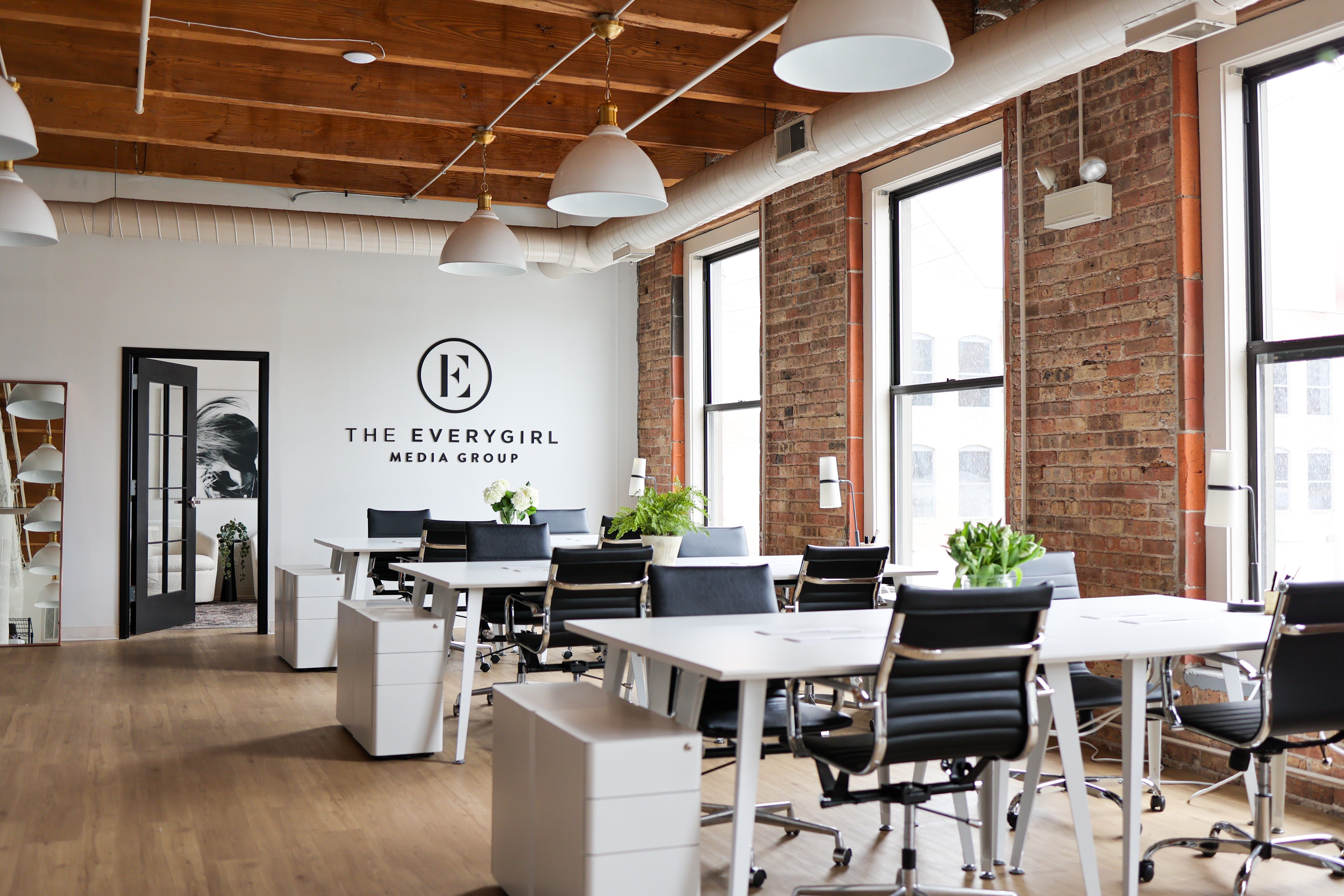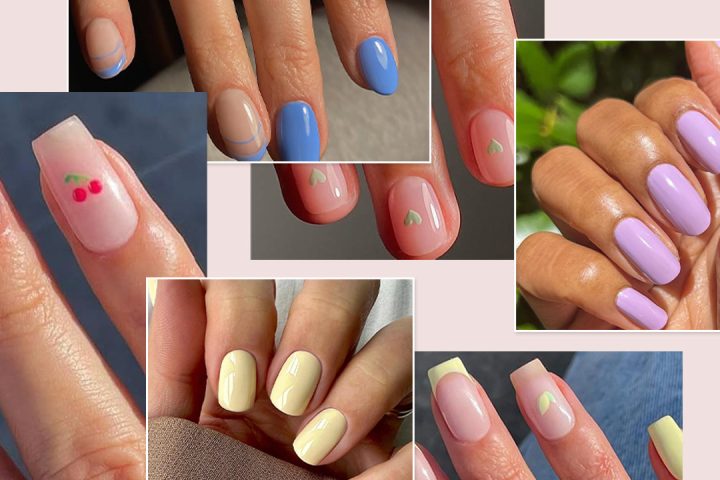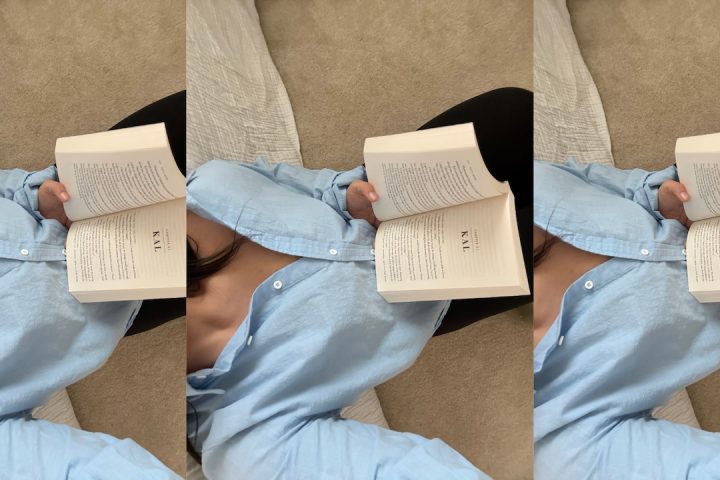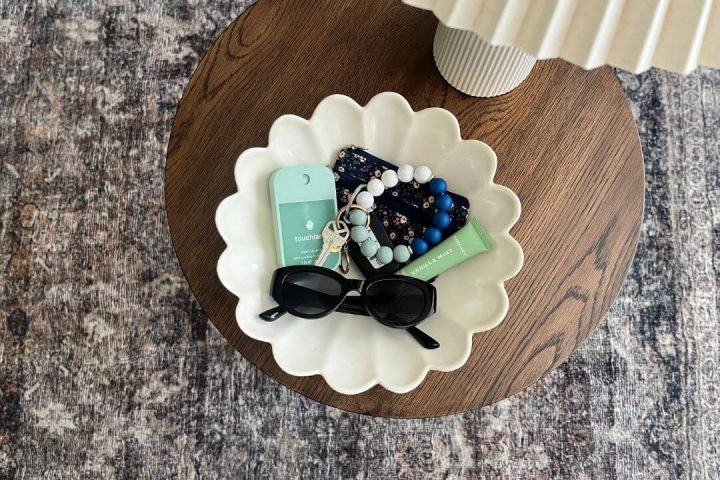
DATING
"Wildflowering" and "explorationships" are changing the dating world as we know it, giving singles a refreshed outlook on what it takes to find “the one.” To learn more, we tapped an expert to understand what these trends mean for the future of dating.
- The One Thing You Should Negotiate With Every Single Job Offer
- Are “Sneaky Fridays” The Reason So Many Are Being Forced Back Into The Office?
- Can’t Find a Job to Save Your Life? You Need to Be Looking at the Hidden Job Market
- This Hack Helped Me Pay Off All My Credit Card Debt Without Paying Interest
- People Are Lying in Interviews About One Small Thing—And It’s Helping Them Get Hired
- Financial Advice Gen-Zers Need to Hear—From a Reformed Millennial Over-Spender
- The One Thing You Should Negotiate With Every Single Job Offer
- Are “Sneaky Fridays” The Reason So Many Are Being Forced Back Into The Office?
- Can’t Find a Job to Save Your Life? You Need to Be Looking at the Hidden Job Market
- This Hack Helped Me Pay Off All My Credit Card Debt Without Paying Interest
- People Are Lying in Interviews About One Small Thing—And It’s Helping Them Get Hired
- Financial Advice Gen-Zers Need to Hear—From a Reformed Millennial Over-Spender
 summer ready
summer ready 
ICYMI: Stories readers are loving RN
Want exclusive content? We’ve got you covered.
Heading on a Trip? These 10 Pieces Deserve a Spot in Your Suitcase
No matter if you’re vacationing along the Italian coast, soaking up the sun at a nearby beach, or living vicariously through your Instagram feed, these are the essential pieces to pack for stylish summer travel.
Latest Articles
No more posts to load.
No more pages to load.
From Our Partners
The Everygirl Podcast
A podcast dedicated to helping you become your best self while loving who you already are. New episodes every Tuesday & Thursday!

OUR MISSION
We’re here to help women live a well-rounded life. We create and share content that is inspiring, relatable, and attainable.
Expert-Backed Content You Can Trust
New Study Says Taking This Supplement Can Reverse Biological Age by a Year

Dr. Arielle Levitan, MD
Board-Certified Internal Medicine Physician
14 Hacks Dietitians Say Will Reduce Bloating Overnight

Paulina Lee, MSHS, RD, LD
Functional Gut Health Dietitian
Probiotics Get All the Buzz, but This Unsung Hero May Be More Effective for Gut Health

Dr. Sara Mesilhy, MRCP
Gastroenterologist
I am The Everygirl
The Everygirl at Home

Get Exclusive Content
From giveaways to editor’ picks to free downloads!
- How You Fall in Love, Based on Your Zodiac Sign
- The Emily Henry Character You Are, Based on Your Zodiac Sign
- The Zodiac Signs Most Likely to Leave Everything Behind and Move Abroad
- Relationship Red Flags to Watch for, Based on Their Zodiac Sign
- The Zodiac Signs Most Likely to Ghost the Group Chat
- These Zodiac Signs Are Most Likely To Have A Hometown Romance
- How You Fall in Love, Based on Your Zodiac Sign
- The Emily Henry Character You Are, Based on Your Zodiac Sign
- The Zodiac Signs Most Likely to Leave Everything Behind and Move Abroad
- Relationship Red Flags to Watch for, Based on Their Zodiac Sign
- The Zodiac Signs Most Likely to Ghost the Group Chat
- These Zodiac Signs Are Most Likely To Have A Hometown Romance
Book club
The (every)Girl's Room
We're on Substack! Subscribe for exclusive content from the team, including a weekly report on everything Everygirl, a peek at your favorite editors' personal mood boards, and everygirlz—Our brand-new Gen Z newsletter.



























































































